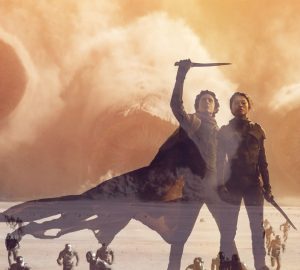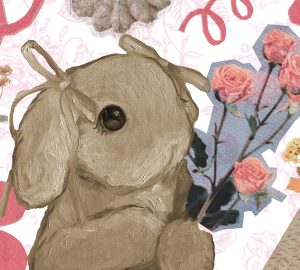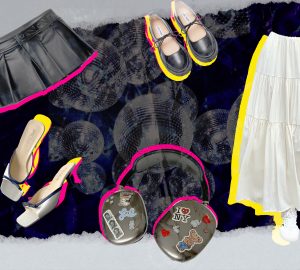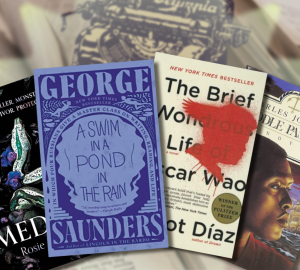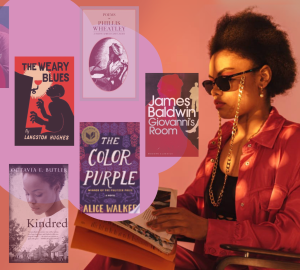On April 7, Congress held a three-hour meeting to discuss book banning, appropriately hosted in the middle of National Library Week. For decades, educational institutions have argued over what should be included in curriculums — what is appropriate for students, what students should not have access to — and the argument is ongoing. After a Tennessee School District voted to ban “Maus,” Art Spiegelman’s famous graphic novel based on his father’s experience as a Holocaust survivor, the discussion seems more relevant than ever.
Are any of these books inherently harmful, and is the solution to remove them from shelves altogether? Atlanta area readers and educators reflect on how the idea impacts our local communities as they grapple with this national conversation.
Many educators have concerns about censoring content, especially novels that offer a starting point for complex conversations. “Challenging and banning specific books can be difficult, taxing and traumatic for individual book creators and publishers,” says Thomas Crisp, associate professor at Georgia State University and former president of the Children’s Literature Association. “Despite claims to the contrary, these acts are not intended to protect or establish educational neutrality.”
Oftentimes, books are challenged out of fear that the content will persuade students to adopt a specific ideology or traumatize them with violent narratives. However, Crisp argues that it would be politically motivated to remove these books altogether, especially those depicting diverse identities, like LGBTQ+ families.
“I feel like this could raise some serious questions about the integrity of what they’re trying to teach in school,” says Hannah Sherrer, a first-year student at Georgia State University. Sherrer believes it would be wrong to censor content in classrooms, but at the same time, she understands why some might find certain novels problematic, like Harper Lee’s “To Kill A Mockingbird,” a recurring text in her studies. Many students and teachers believe that the wide selection of contemporary novels from underrepresented authors are more suitable as required readings, while others think Lee’s novel can still serve as a valuable starting place for critical discussions on the depiction of racism in literature and the white savior complex.
Lesley Barber, the collection management coordinator for Dekalb County Public Library, has been shocked by some of the recent challenges. “That the ‘The Bluest Eye’ made the top ten list is very sad to me,” Barber says, referring to ALA’s Top 10 Most Challenged Books of 2021. These bans tend to hit classrooms the hardest; complaints are often directed toward K-12 teachers in the public school system. “That’s why the top ten list is almost all juvenile or YA material,” Barber continues. The Dekalb County Public Library last received a formal challenge in 2020.
Ultimately, it seems that many educators believe that book banning is a misguided reaction with considerable consequences, providing fewer solutions than it does inconveniences. “One author friend of mine was thrilled when their book was featured on a banned books list because it brought new attention to the book,” Crisp says. “Sales skyrocketed because people wanted to see what the fuss was all about.”
In a striking moment of irony, censorship compels us to pick up the book and talk about it anyway.

